
Why Do Female Astronauts Take Birth Control Pi.lls in Space? The Surprising "Golden" Solution for Protection
Why Do Female Astronauts Take Birth Control Pi.lls in Space? The Surprising "Golden" Solution for Protection
For decades, space travel was considered a man's job, but more than 70 women have ventured into space since 1963. Despite their achievements, female astronauts face unique challenges, including one surprising requirement: taking birth control pi.lls. But why is this necessary?

Are Women at a Disadvantage in Space Travel?
Historically, men were seen as the ideal candidates for space missions due to perceived physical strength. However, women have several advantages:
- Lower body weight, which reduces fuel consumption and logistics costs.
- Lower calorie requirements, using 15-25% fewer calories than men for the same tasks.
- Smaller body size, leading to less CO₂ and waste production, improving spacecraft recycling efficiency.
- Better tolerance for isolation compared to men.
Despite these benefits, female astronauts still face physiological challenges that male astronauts do not.
Why Do Female Astronauts Take Birth Control Pills Before Space Missions?
NASA initially hesitated to send women into space due to concerns about menstruation in microgravity. Blood circulation in space differs from Earth’s, potentially causing complications such as excessive bleeding and poor circulation.
To manage this, female astronauts have adopted hormonal regulation methods. Since the 1960s, Soviet and American astronauts have used strategies like scheduling missions around their cycles or taking birth control pills to suppress menstruation. These pills help maintain hormonal balance, prevent excessive endometrial growth, and delay periods.
However, long-term use of hormonal contraceptives carries risks, including blood clots and an increased likelihood of certain cancers. To address this, space agencies are researching alternatives such as magnetic pulse stimulation, which regulates the menstrual cycle by sending electrical signals to the brain.
Other potential solutions include hormone implants, which release steady doses over time, reducing the need for daily pills. However, implants pose risks like infections or immune rejection. Until safer options are available, birth control pills remain the most viable solution for menstrual suppression in space.
How Does Space Travel Affect the Menstrual Cycle?
Many female astronauts report irregular menstrual cycles while in space—periods arriving too early, too late, or with abnormal blood flow. These disruptions can lead to fatigue, mood swings, and anxiety.
To improve conditions, spacecraft now feature specialized bathrooms, multi-functional hygiene areas, and soundproofed private cabins. Nutritional adjustments, including vitamins and minerals, also help regulate hormone levels and reduce menstrual discomfort.
Despite advancements, gender-related challenges persist in space exploration. However, as technology evolves, future female astronauts may have better solutions for managing their biological needs while exploring the cosmos.
News in the same category


The Vegetable Once Reserved for Emperors — Now Found in Everyday Gardens

The Overlooked Plant Said to Support Health in Many Ways

The World’s Rarest and Most Expensive Plant — Found Only in Vietnam

The World’s Best Fish — Shockingly Cheap and Found Everywhere

Why do many flight attendants bring a banana with them on flights?

How long should frozen meat last before it should be discarded?
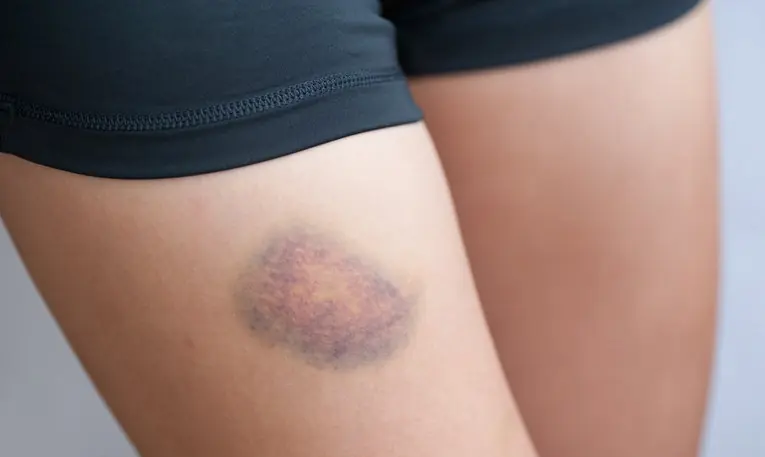
Here are some possible reasons you might be getting these bruises

Drinking Polyscias fruticosa Leaf Tea Daily: A Simple Habit Linked to Notable Health Benefits

Now I know these 4 relics should never be kept

With just a few simple tips passed down by seasoned fishermen

When buying oranges, should you choose ones with a big or small “navel”? Here are 4 tips to pick super-sweet oranges
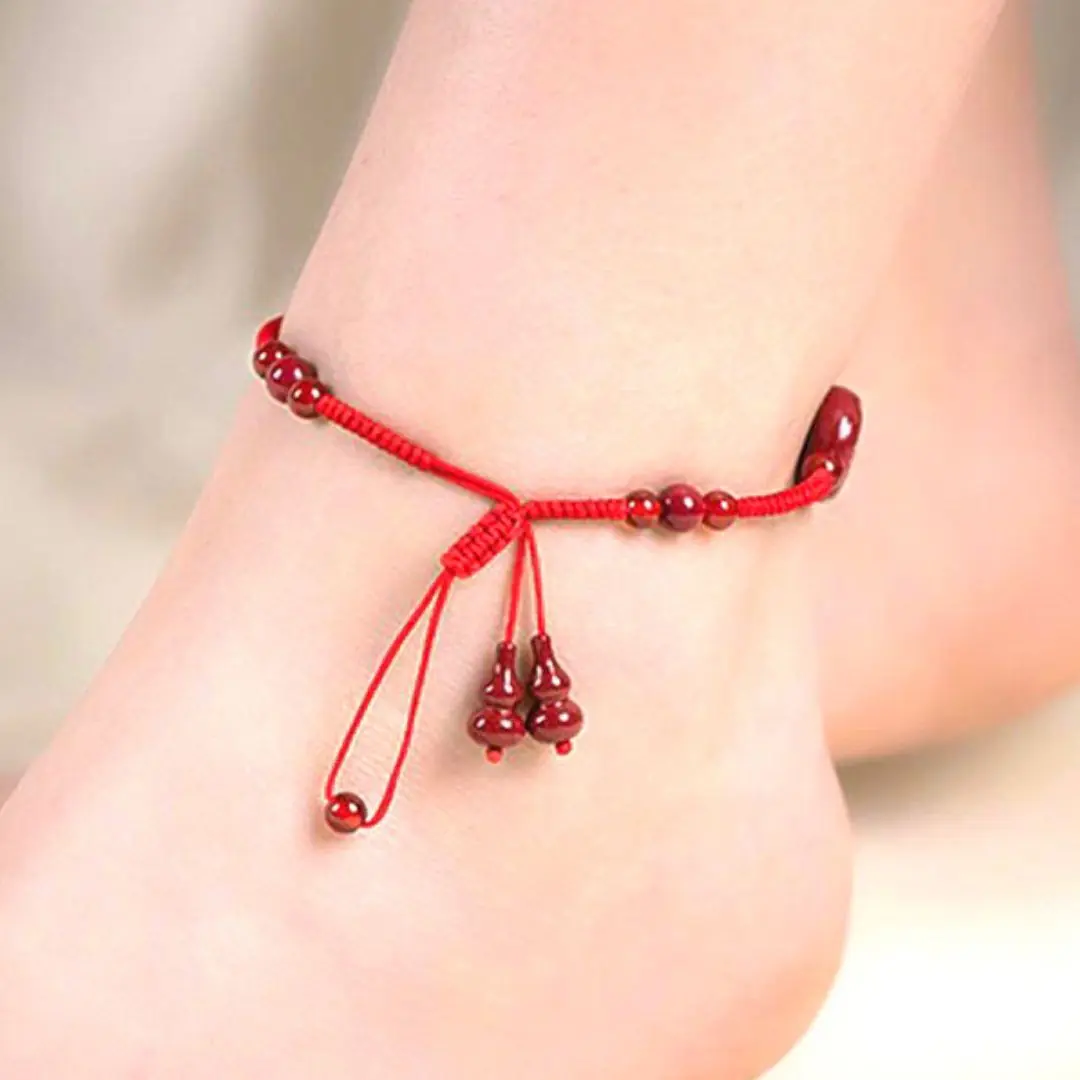
The Cultural Meaning of Ankle Bracelets You May Not Know

Doctors Explain What Happens When You Eat Bananas Every Single Day
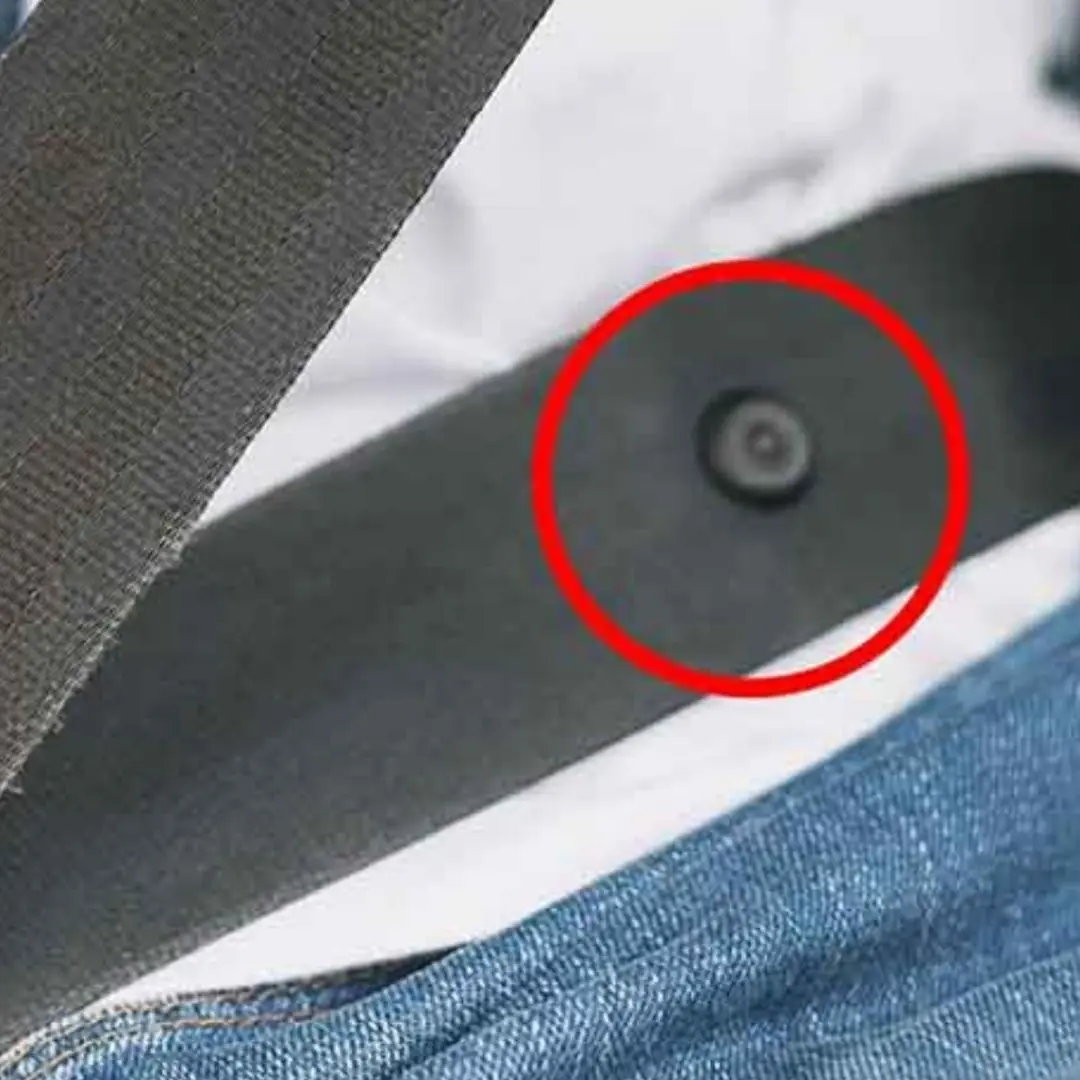
The Tiny Seat Belt Button You’ve Probably Never Noticed — Here’s What It’s For
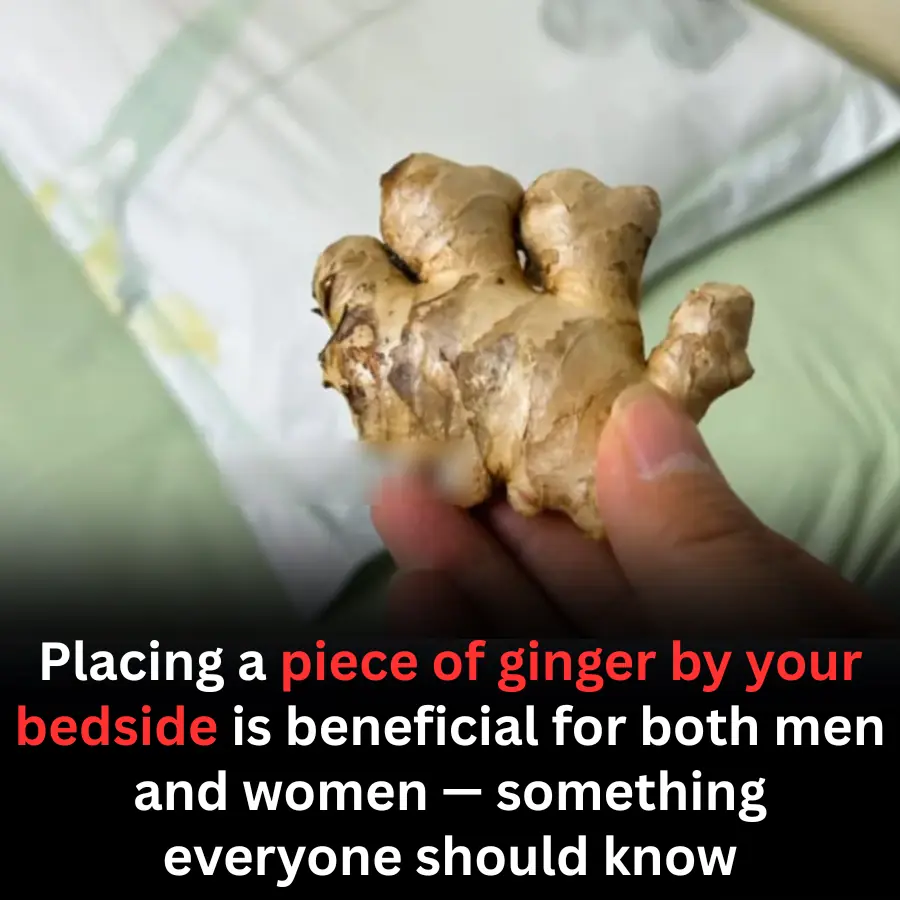
Why Placing Ginger by Your Bedside Can Benefit Your Health

Can Lemon Seeds Really Save a Snakebite Victim in One Minute? Doctors Warn Against a Dangerous Myth

5 Common Refrigerator Mistakes That Can Multiply Bacteria by 10 Times
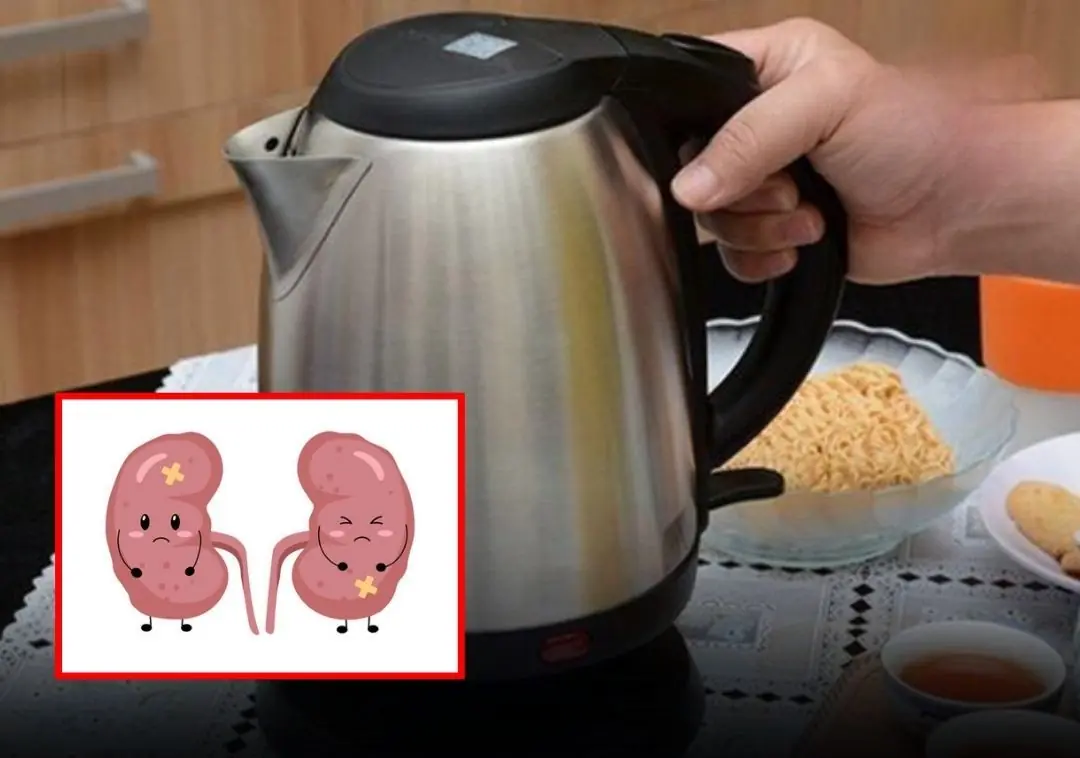
A Common Mistake Countless Families Don’t Even Know They’re Making

In winter, drying thick clothes is a slow process—and sometimes, they end up smelling bad.
News Post
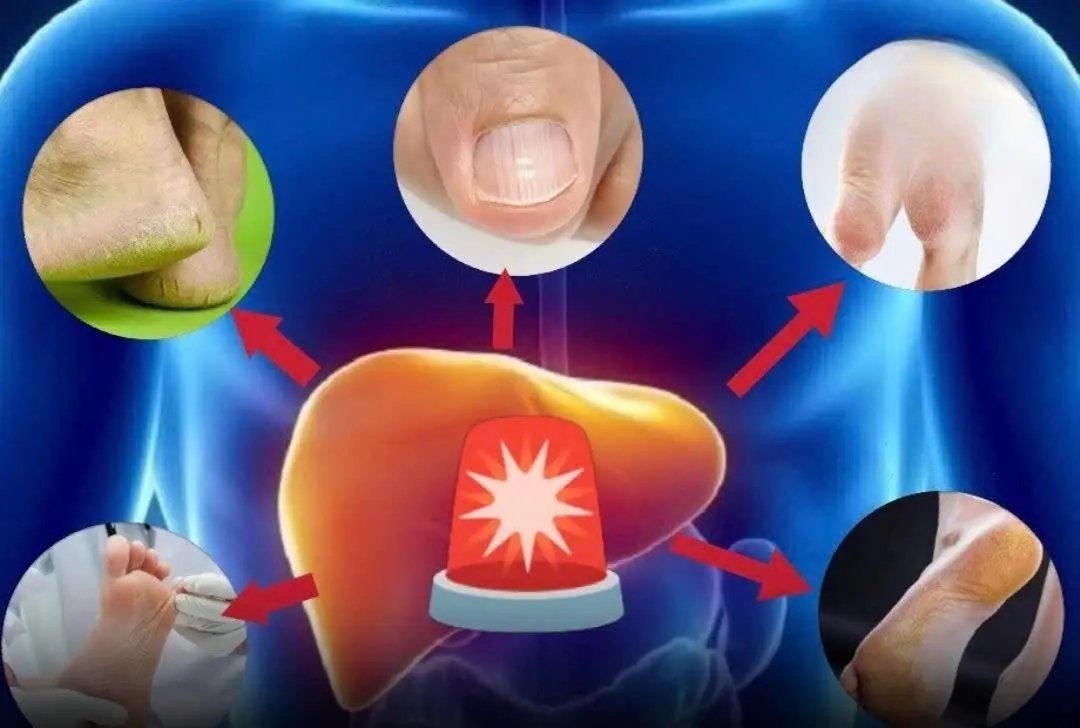
This Symptom in Your Feet Could Mean Fat.ty Liver Dis.ease Can’t Be Reversed
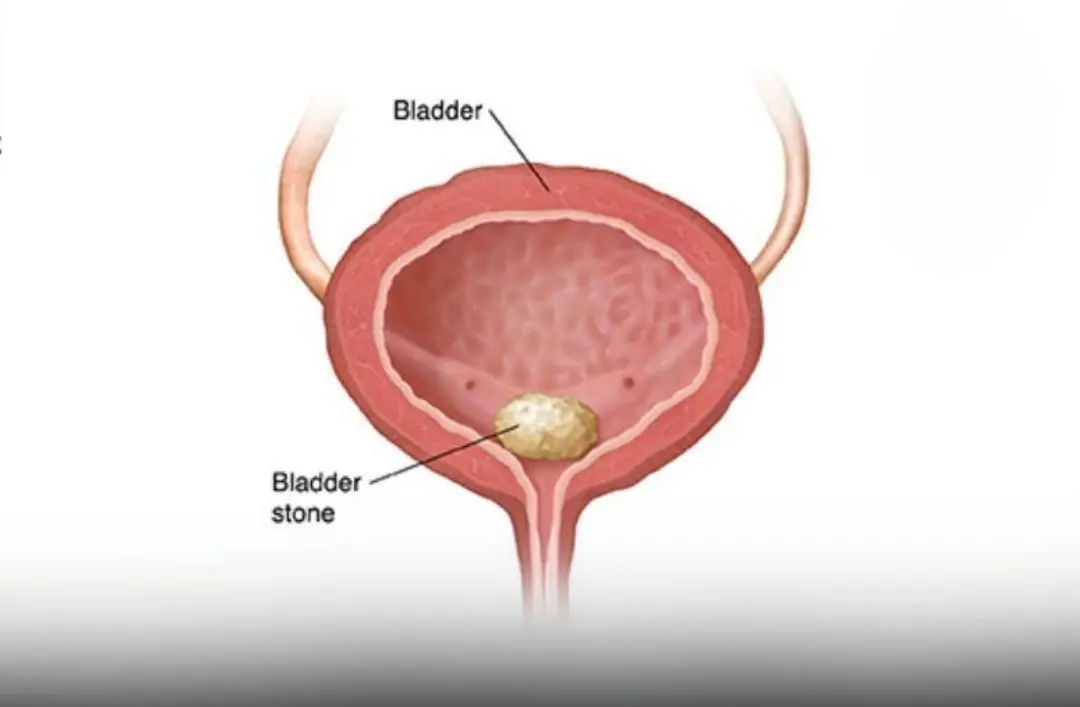
Doctors Warn: Early Indicators of Bladder Can.cer You Must Know

New Can:cer Treatment Approach Offers Hope by Cutting Time and Costs

The reason dogs always behave this way is because

To prevent snakes from entering your house, you can apply the following methods.
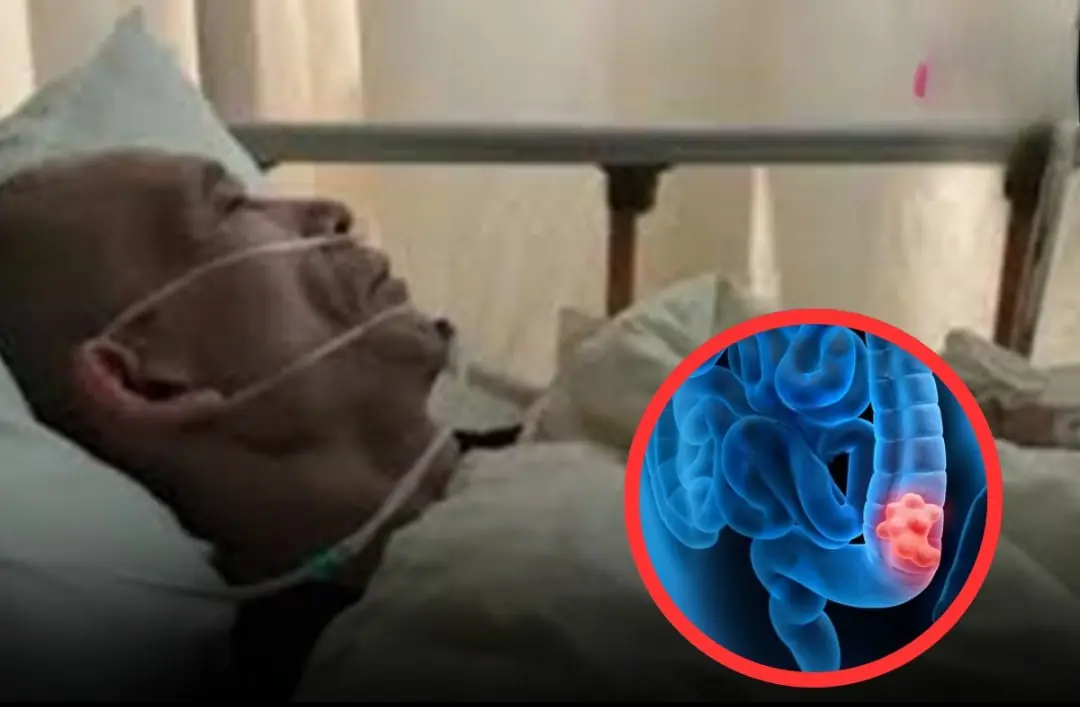
3 seemingly har.mless daily habits that had been silently damaging his health for years
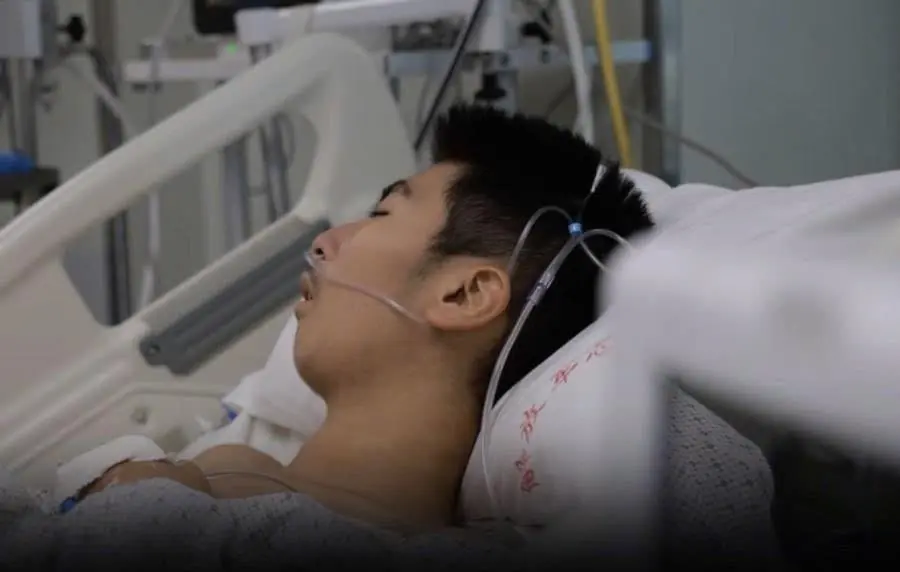
It is not a sudden violent illness, but the cumulative effect of daily living habits.
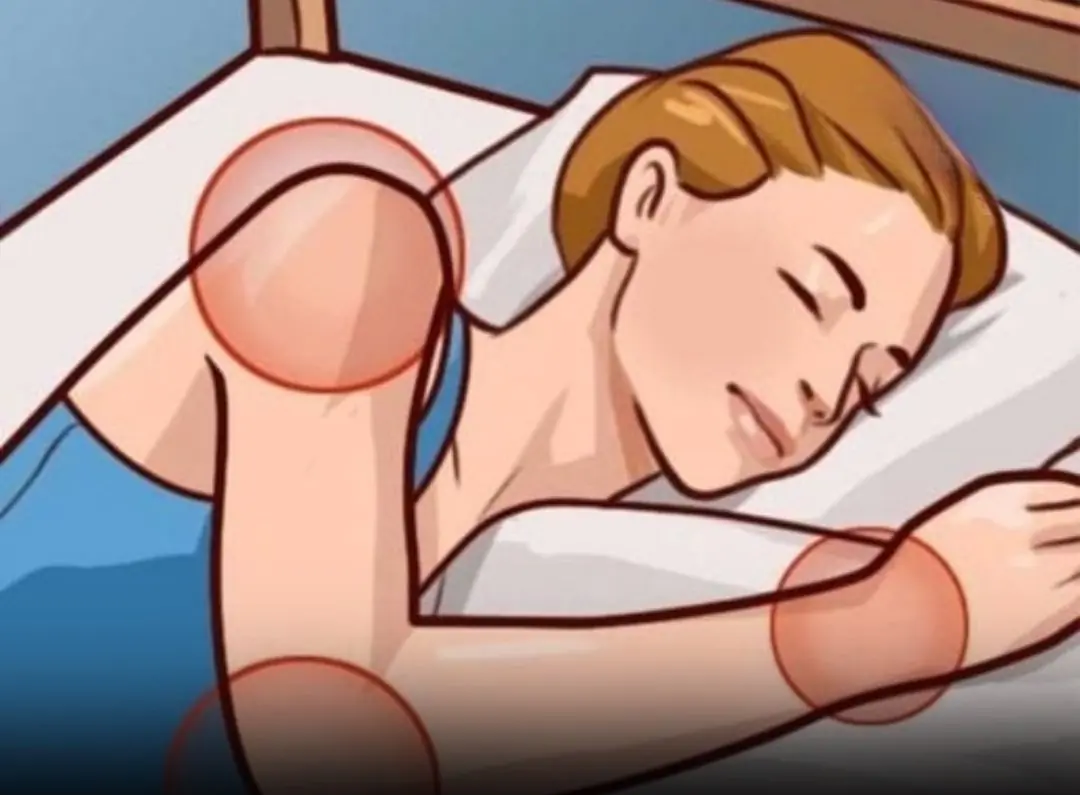
Here’s how one small adjustment could transform your health
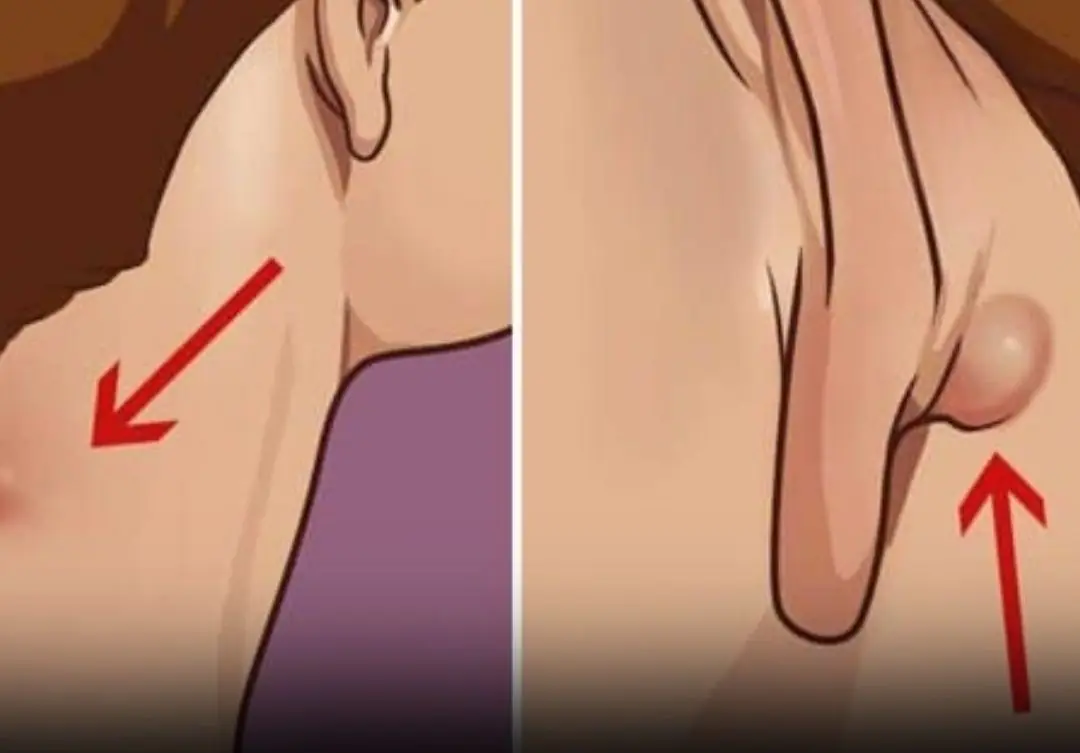
Spot a Lump on Your Neck? Here’s What It Might Mean
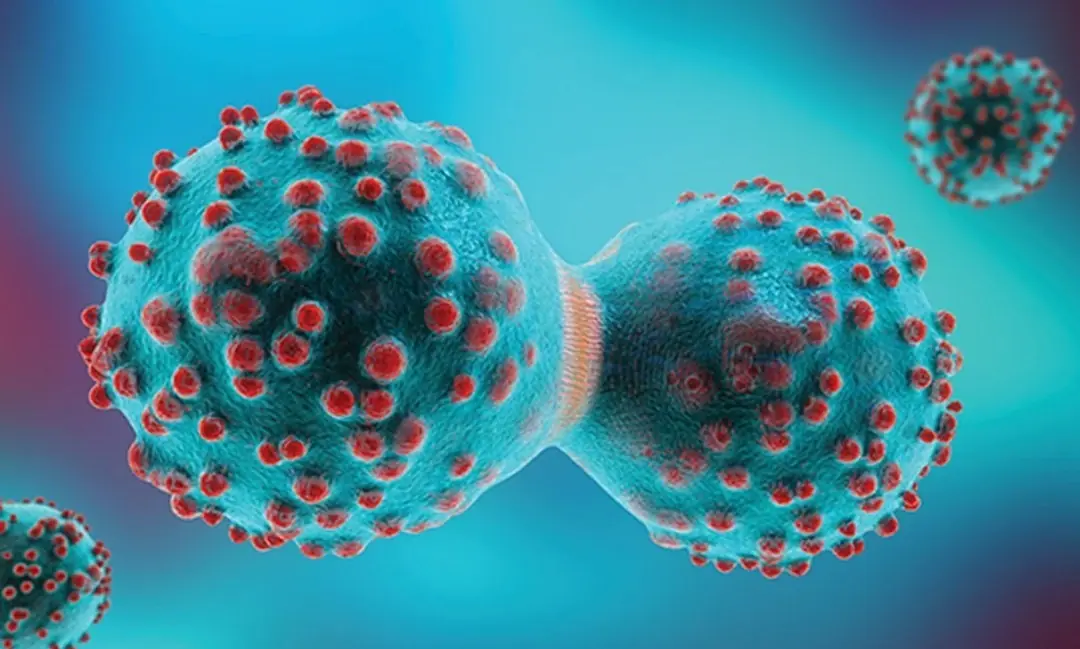
Can Certain Foods Help the Body Fight Can.cer? Here’s What Science Actually Says

Dill: A Cheap Herb Often Called a “Green Medi.cine” for the Body — But Not Everyone Can Eat It

Loaded Baked Potato with Beef and Cheese

9 Early Warning Signs of Stomach Can:cer You Should Never Ignore

3 Unusual Neck Signs That May Signal Can.cer Risk — Doctors Urge Early Checkups

The Vegetable Once Reserved for Emperors — Now Found in Everyday Gardens

7 Foods You Should Never Keep Overnight or Reheat

Why Carrying a Lemon Could Be a Smart, Life-Saving Habit

Chicken Cordon Bleu

The Overlooked Plant Said to Support Health in Many Ways
